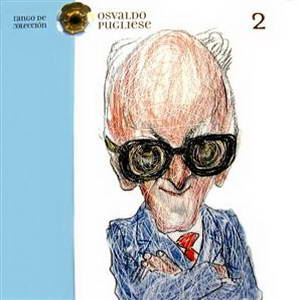 Cascabelito ("Little Jingle Bell")
Cascabelito ("Little Jingle Bell")
Tango, 1924
Music: Jose Bohr
Lyrics: Juan Andrés Caruso
Our subtitled video of CASCABELITO ("Little Jingle Bell") as recorded by Orquesta Típica Osvaldo Pugliese with vocal by Jorge Maciel, 1955. Spanish lyrics plus our English-language version and explanatory notes follow the video. We hope our video and text versions will enhance your enjoyment of the song as you listen and as you dance!
| Entre la loca alegría volvamos a darnos cita misteriosa mascarita de aquel loco Carnaval. Donde estás Cascabelito, mascarita pizpireta, tan bonita y tan coqueta con tu risa de cristal. Cascabel, Cascabelito;
|
Amidst the wild celebration,
|
NOTES
* Cascabel, cascabelito: A cascabel is a bell, a sleigh bell, or more particularly a jingle-bell. (Note the sheet music, with the lovers’ kiss reflected on the surface of a jingle-bell.) Girls sometimes sewed one or more jingle-bells into the hem of their skirts to make a flirty jingling sound when they moved—that fact is not directly referenced in the lyric, but it is suggested. However, cascabel also has a negative connotation as in ser un cascabel, to be scatter-brained, flaky, or flighty, which the girl in the song does seem to be. Finally, a cascabel is a rattlesnake, although that doesn’t seem to be at issue here. The girl in the song isn’t venomous; she’s just young, flirtatious, and possibly a bit of a tease. "Cascabelito," then, has a double meaning. It is a term of endearment, but it's also a veiled comment on the girl's character, depending on how it's taken.
In our English-language subtitles, Cascabel and Cascabelito are translated more or less literally. We leave it to the reader to ponder exactly how the terms ought to be interpreted in context.
*flighty: pizpireta, meaning high-spirited, also fickle or provocative. I used flighty, which to my mind says all of that in a word.
Comments